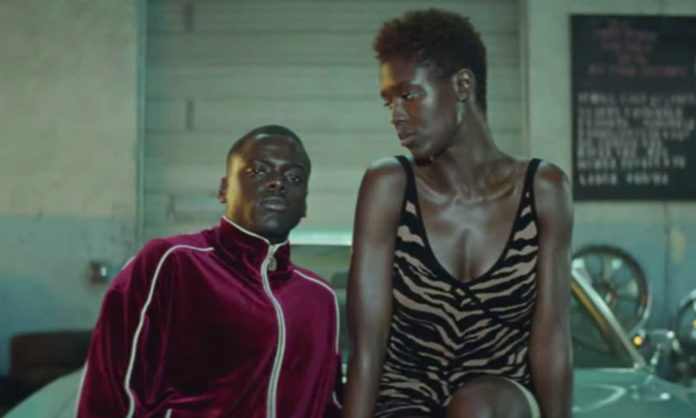In a post on Lit Hub, Tiphanie Yanique examines the “on the road” novel: a story that takes its characters on a road trip across America. “The road narrative naturally provides plot as the characters move along on the travels,” Yanique notes. “But the form is most useful to scene- and setting-building because it takes the reader through the US landscape; it is particular to America because of the continental US’ ease of interstate travel and America’s cultural history with the car.”
Yanique defines the road narrative this way: It generally involves two characters who don’t know each other well. Something sets them on a journey across the United States to a distant destination, but they get sidetracked on the way. The journey starts with a pragmatic mission but later becomes more emotional or profound. The characters may or may not reach their original destination, but find some form of love along the way.
“The various locations that the characters visit, pass through, and stay at, do the work of character development,” Yanique says. “The decision as to what aspects of the scene and setting to reveal are ones that matter only to the character—a very useful piece of discipline when learning how to build setting in fiction.”
By its nature, the road narrative examines our national culture. “What happens on the road happens because of America; the very land determines the outcome of the plot,” Yanique explains. “This allows for the writer to say something political, particularly something about freedom (or the lack of it), without necessarily being heavy-handed.” Some films that use the road trip narrative include The Green Book, Queen & Slim, and Thelma and Louise. Two of these end with the deaths of the main characters. “One ending conveys that true freedom, for women, is not possible in America, nor is the close friendship that the two develop sustainable; the other, and that two Black people, especially ones who look out for each other, are dangerous and are not allowed freedom on this land,” Yanique writes.












